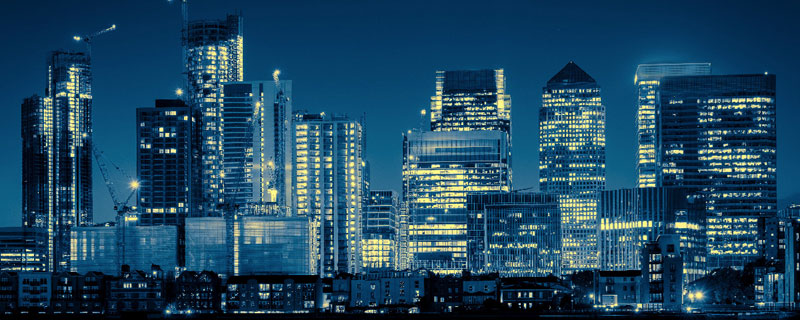The energy required to heat, power and operate commercial buildings accounts for nearly a quarter of the built environment’s carbon footprint in the UK1. Securing a net zero built environment in line with the Paris Agreement cannot be achieved without addressing the operational emissions associated with this sector, meaning it is essential that the UK property sector accelerates the delivery of commercial retrofit programmes.
In addition to the climate impact of commercial buildings, accelerating the pace of commercial retrofit will also be required to meet the growing demand for sustainable office space. Recent analysis from UKGBC member JLL has revealed that real estate assets with stronger sustainability credentials are increasingly attracting higher capital values and rents. Their research indicates that office buildings that are more sustainable are likely to drive greater interest from occupiers on account of the reduced operating and energy costs. Furthermore, JLL note the forthcoming tightening of Minimum Energy Efficiency Standards (MEES) means investors are likely to consider more sustainable buildings to be less risky, and that it will pay to be on the front foot and invest in the green building sector now.
Given the scale of energy efficiency improvements required to secure a net zero built environment, and the financial value it can unlock for asset owners, UKGBC is embarking on a new project to deepen understanding of the carbon and cost effectiveness of different retrofit measures for commercial assets. It will explore how to overcome common challenges faced by industry, as well as expand on UKGBC’s recent guide ‘Delivering Net Zero: Key considerations for Commercial Retrofit’, clarifying how to set out retrofit strategies for different asset types and providing more detail on tangible measures.
To support this project, UKGCB has mobilised a team of 30+ experts from across the industry, ranging from developers, investors to cost consultants. The new Task Group will support UKGBC in exploring common retrofit measures that offer different types of office properties a pathway to achieving net zero carbon. They will do this through assessing real world case studies in the UK, understanding where retrofit measures have been effective and where lessons have been learnt. The findings of this study are expected to be published in Summer 2023.
UKGBC’s Head of Climate Action, Yetunde Abdul said:
“Improving the energy efficiency of our commercial buildings has the potential to deliver significant carbon savings across the built environment, and with demand for sustainable office space surging in the UK, this is an opportunity we can’t afford to waste. Collaboration across this sector is key to accelerating the pace of action towards our common climate goals. That is precisely why UKGBC has assembled a team representing the breadth of the built environment to assist us on this timely and important piece of work.”
COMMENT:
Given that lighting is estimated to contribute 6% to the global carbon footprint, it would suggest dowsing the barrage of lights that emit from commercial city buildings all night would be a sensible step. However the Health and Safety Councils argument is that it puts ‘trip risks’ in the way of the security guards that nightly walk the passageways of such buildings.
Seems to me we should evaluate the trip risk for the few against the ultimate and seemingly inevitable risk to so many from carbon pollution. What do our readers think?







Leave a Reply
Want to join the discussion?Feel free to contribute!